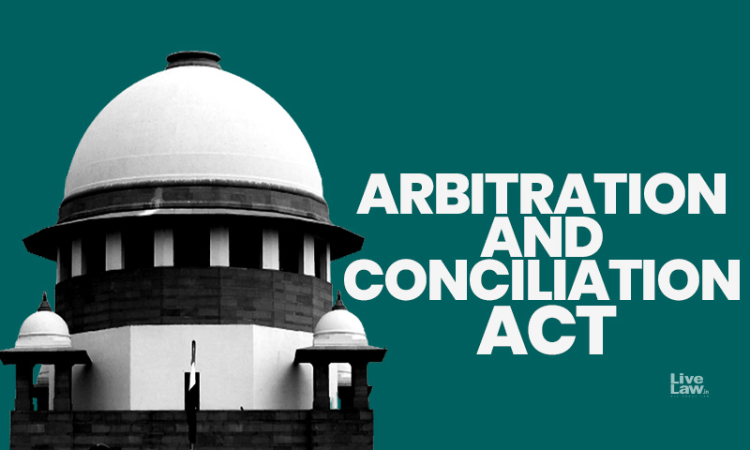Arbitral Award Can't Be Challenged On Ground That Arbitrator Has Failed To Appreciate Facts : Supreme Court
Sohini Chowdhury
19 Jan 2022 11:33 AM IST

Next Story
19 Jan 2022 11:33 AM IST
On Tuesday, the Supreme Court reiterated that the Appellate Court exercising power under Section 30 and 33 of the Arbitration Act, 1940 ought not to reassess or re appreciate evidence or examine the sufficiency of the evidence. The Apex Court also held that the arbitral award ought not to be challenged on the ground that the arbitrator had drawn his own conclusion or had failed to...
